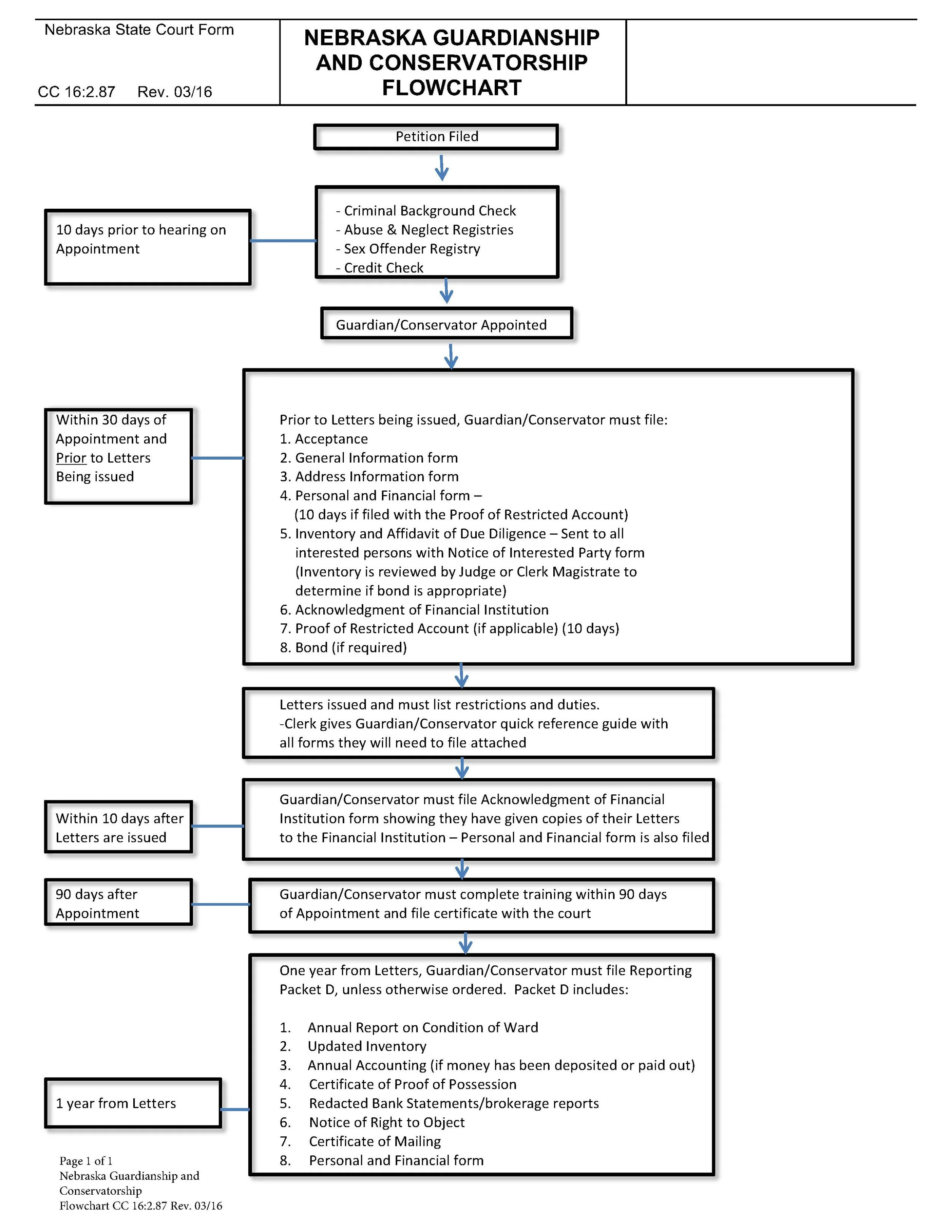Were you injured while serving in the military? Are you wondering if you are eligible for benefits? The short answer is “maybe”.
There are a variety of benefits available to military members during and after military service. However, this particular article will focus on Veteran’s Affairs (VA) Disability Benefits.
In order to be eligible for VA Disability Benefits, you must have a “service-connected condition”, which means, an illness or injury that was caused, or made worse, by your active-duty service. The term “active-duty service” can have a lot of different meanings, depending on what context the term is being used. For purposes of the VA Disability Claims, “active-duty service” can refer to active duty, active duty for training, or inactive duty training. These terms can get very confusing, but the bottom line is, if you were Active Duty in the Military, or performed military duty in the National Guard or Reserves, and you have a current illness or injury that manifested or occurred while you were in a duty status, then it is possible you have a “service-connected condition” and could receive VA Disability Benefits.
When should you start your VA disability claim?
AS SOON AS POSSIBLE!
You can file a claim for disability benefits 180 to 90 days before you leave the military! This may help speed up the claim decision process so you can receive your benefits sooner.
If you were separated from the military and did not file for disability benefits yet, don’t fret! You can still apply at any time. However, the sooner you file, the less cumbersome the process could be.
For some conditions, The VA will automatically assume (or “presume”) that your service caused your condition. They call these presumptive conditions.
If you have a presumptive condition, you don’t need to prove that your service caused the condition. You only need to meet the service requirements for the presumption. There are many illnesses, injuries and disabilities that are presumed to be service connected under certain circumstances.
One example of a presumptive condition is disabilities that appear within 1 year after discharge.
You may be able to get disability benefits if you have signs of an illness, like hypertension (high blood pressure), arthritis, diabetes, or peptic ulcers (this list is not all inclusive) that started within a year after you were discharged from active military service. For more examples, check out Title 38 of the Code of Federal Regulations, 3.309(a) which contains a complete list of presumptive covered illnesses.
If your symptoms appear within one year after discharge, even if they weren’t present while you were serving, the VA can conclude that they’re related to your service.
Even if you did not file for disability benefits within a year of separation from military service, your illness or injury may still be found to be a “service-connected condition”. You will need to do more research and work with an accredited representative to ensure you get the benefits you deserve.
What happens if you are found to have a “service-connected condition”?
If you are found to have a “service-connected condition” that is at least 10% disabling, you may be provided tax-free monthly payments from the VA. You may also be entitled to Health Care.
What should you do if you are not satisfied with your VA Disability rating or were denied benefits?
If you are not satisfied with your VA Disability rating, or were denied altogether, Stephanie Flynn Law, P.C., L.L.O. can help you file an appeal! Kristin DeJarlais with Stephanie Flynn Law, P.C., L.L.O. is an accredited attorney.
What is an Accredited Attorney and why do you care if you work with one?
Being an accredited attorney means that the Department of Veteran’s Affairs trusts us, as professionals, because we are trained and certified in the VA claims and appeals processes.[1] In order to be an accredited representative, Kristin DeJarlais was required to pass a background check and take continuing-education courses to make sure she represents you with the most up-to-date information. Out of the thousands of attorneys licensed to practice law in Nebraska, Kristin is one of only 29 attorneys in the state who are accredited attorneys from the VA Office of the General Counsel authorized to legally represent a Veteran, Service member, dependent or survivor before the VA.
What does it cost to use an Accredited Attorney?
In general, no individual or organization may charge you a fee to help you file your initial application for benefits. But they may charge you for unusual expenses. It’s only after the VA has made a decision about your original claim that VA-accredited attorneys may charge for their services. Make sure you ask up front what, if any, fees you’ll be charged.
If you are interested in more information, please contact us at (402) 325-8469 or you may learn more at: https://www.stephanieflynnlaw.com
We look forward to helping you get the benefits you are entitled to!
[1] https://www.va.gov/disability/get-help-filing-claim/ (accessed 2023.05.25)















